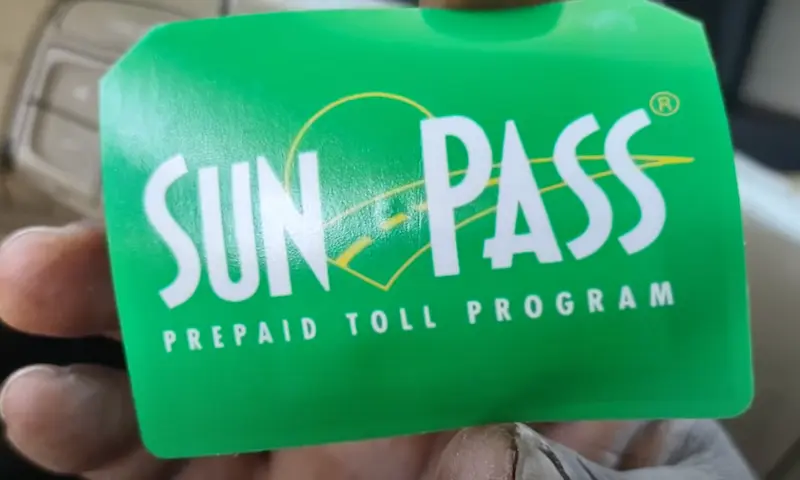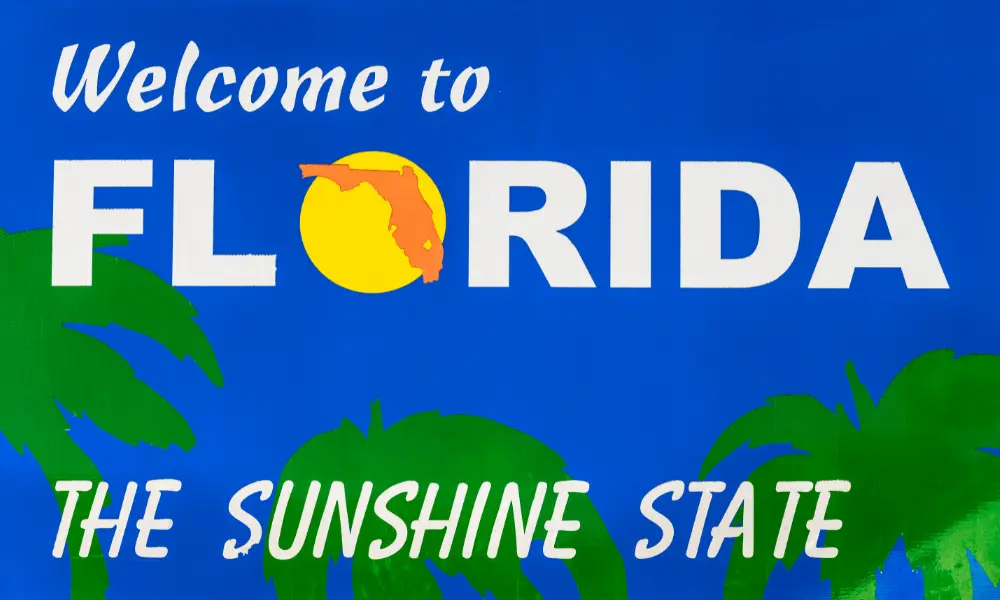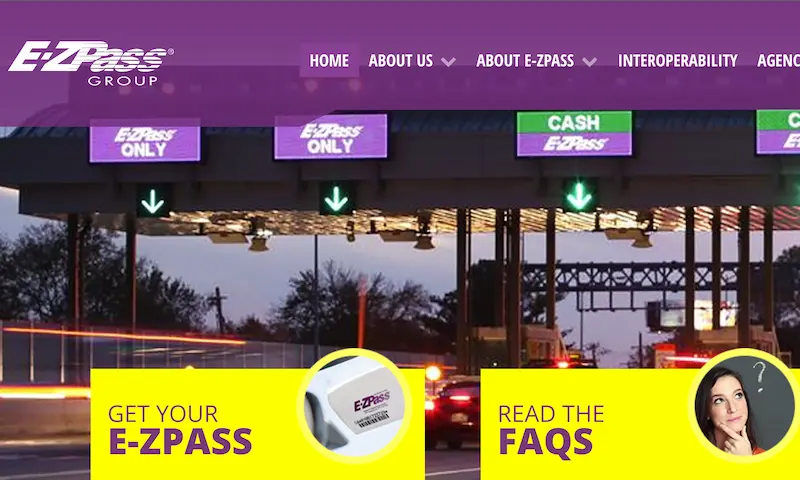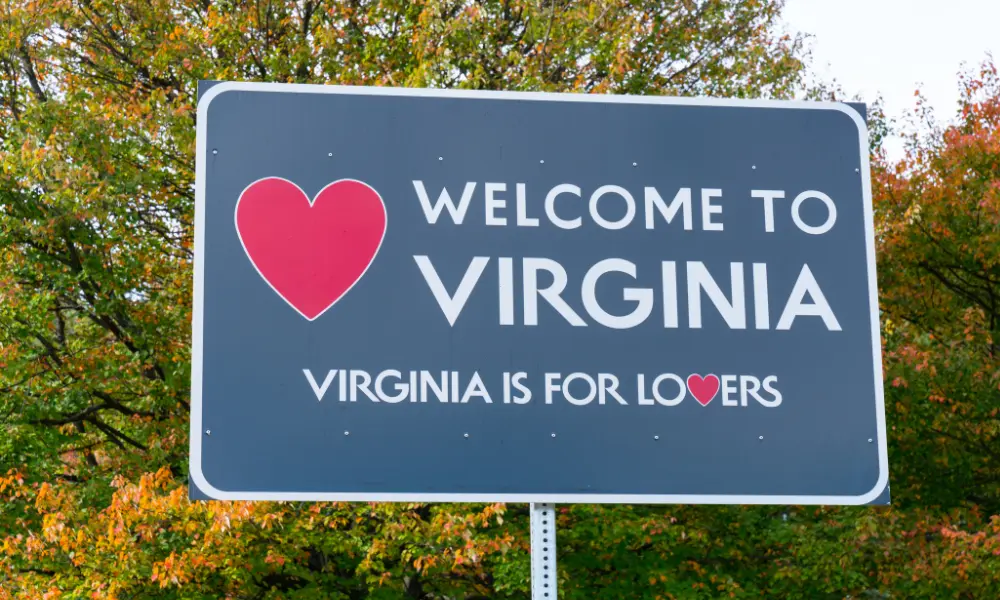You’ve probably received a text claiming to be from SunPass about unpaid tolls. Before you click that link or panic about penalties, let’s clear up exactly how SunPass communicates with customers and how to spot those increasingly clever scams targeting your wallet.
How SunPass Actually Communicates With Customers
When it comes to official SunPass text messages, there are clear patterns you should know about.
The Official SunPass Text Number
SunPass does legitimately use text messaging, but only from one specific number: 786727. Any SunPass text from a different number should immediately raise red flags. Their text communications are strictly limited to account notifications like balance alerts or transaction confirmations.
“I got a text about unpaid tolls, but it wasn’t from 786727. Is it real?” No, it’s not. If the message comes from any other number, it’s fake.
What Real SunPass Texts Look Like
Legitimate SunPass texts are informational, not threatening. They typically include:
- Low balance notifications
- Payment confirmations
- Account status updates
What you’ll never see in a real SunPass text:
- Demands for immediate payment
- Links to make payments
- Threats about legal action or license suspension
- Requests for personal information
Here’s an example of a legitimate text: “SunPass: Your account balance is low. Please replenish your account at sunpass.com to avoid toll violations.”
Other Official Communication Channels
Beyond texts, SunPass communicates through:
| Communication Method | Legitimate Source | Purpose |
|---|---|---|
| Text Messages | 786727 only | Account alerts, balance notifications |
| [email protected] or [email protected] | Billing statements, system updates | |
| Official SunPass letterhead with FL Dept of Transportation logo | Toll violations, account changes | |
| Phone | Listed on official website | Customer service inquiries |
The Anatomy of SunPass Text Scams
Scammers have become increasingly sophisticated in targeting SunPass users, with thousands of complaints reported to authorities.
How to Spot Fake SunPass Texts
These scam messages follow predictable patterns once you know what to look for:
- They create urgency: “Pay now to avoid license suspension!” or “Final notice before legal action!”
- They ask for small amounts: Often under $20 to seem believable and not trigger immediate suspicion
- They include links: These lead to convincing but fake payment portals designed to steal your information
- They contain vague details: General statements about “tolls” without specific locations or dates
A typical scam text might read: “SunPass Alert: Your vehicle has an unpaid toll balance of $14.75. To avoid additional fees, pay now: [suspicious link]”
The Scam Has Spread Beyond Florida
Originally targeting Florida residents, these scams have expanded to other states—even targeting people who’ve never used SunPass. The FBI’s Internet Crime Complaint Center (IC3) documented over 2,000 complaints across multiple states by early 2024, showing how widespread this problem has become.
Real-Life Examples of SunPass Text Scams
Let’s examine some actual scam messages that have circulated:
Example 1: The Urgent Payment Demand
“Florida SunPass: Your account has an unpaid toll of $17.50. Avoid a $50 late fee by paying within 24 hours: [fake link]”
Red flags: Urgent deadline, threat of specific penalty, payment link
Example 2: The License Suspension Threat
“FINAL NOTICE: SunPass toll violation must be resolved immediately. Driver’s license suspension will be processed in 48hrs. Pay now: [fake link]”
Red flags: All-caps text, extreme consequences, unrealistic timeframe
Example 3: The Official-Looking Notification
“SunPass notification: Unpaid toll detected for [partial license plate]. Review and pay your invoice here: [convincing but fake SunPass-branded link]”
Red flags: Vague vehicle information, directing to external link instead of sunpass.com
What Happens If You Click a Scam Link
If you click a link in a fraudulent SunPass text, you’re typically directed to a convincing replica of the official SunPass payment portal. These fake sites are designed to:
- Capture your credit card information
- Collect personal data like your driver’s license number and address
- Install malware on your device
- Sell your information to other scammers
In a particularly sophisticated version of the scam, some fake sites even include fake customer service chat features to further convince you of their legitimacy.
How to Verify If a SunPass Text Is Legitimate
When you receive a text claiming to be from SunPass, follow these steps:
Step 1: Check the Sender
Verify the text came from 786727. That’s the only number SunPass uses for text communications.
Step 2: Don’t Click Links in the Message
Instead of clicking any link in the message, manually open your web browser and go directly to sunpass.com. Log into your account to check for any notifications or balance issues.
Step 3: Call SunPass Directly
If you’re still unsure, call the official SunPass customer service number (1-888-TOLL-FLA) to verify if they sent you a message or if there are issues with your account.
Step 4: Check Your Recent Toll Activity
Review your recent driving history. If you haven’t been on toll roads lately but received a message about unpaid tolls, that’s a strong indicator of a scam.
What To Do If You Receive a Suspicious Text
If you’ve received what appears to be a SunPass scam text, take these steps:
Report the Scam
Forward suspicious texts to 7726 (SPAM) to report them to your mobile carrier. This helps them block similar messages in the future.
File a complaint with the FBI’s Internet Crime Complaint Center at IC3.gov. This helps authorities track and combat these scams.
Report the scam to the Florida Attorney General’s Office, which actively investigates these schemes.
Protect Your Information
If you’ve already clicked a link or provided information:
- Monitor your bank and credit card statements for unauthorized charges
- Consider placing a fraud alert on your credit reports
- Change passwords for any accounts that may have been compromised
- Run antivirus software on your device
How SunPass Is Fighting Back Against Scammers
SunPass and Florida authorities aren’t sitting idle while these scams proliferate.
Operation Toll Trap
In February 2025, the Florida Attorney General’s Office collaborated with law enforcement to shut down hundreds of fraudulent SunPass websites. This initiative, called “Operation Toll Trap,” targeted the infrastructure scammers use to deceive drivers.
Public Awareness Campaigns
SunPass has ramped up education efforts through:
- Social media alerts about scam indicators
- On-hold messages in their customer service line explaining text verification
- Multilingual advisories in areas with high scam activity
- Regular website updates about current scam tactics
Technological Safeguards Against Scam Texts
Beyond awareness, technology can help protect you from SunPass text scams.
Enable Carrier-Level Spam Protection
Most major mobile carriers offer free spam filtering services:
- AT&T Call Protect
- Verizon Smart Family
- T-Mobile Scam Shield
- Sprint Scam Shield
These services can identify and block many suspicious texts before they reach you.
Use Third-Party Security Apps
Consider installing security software that includes phishing protection:
- Norton 360
- McAfee Scam Protection
- Lookout Security
- Google Play Protect (for Android)
Register on the National Do Not Call Registry
While primarily for calls, registering your number on DoNotCall.gov can reduce some spam texts as well.
Why These Scams Are So Effective
SunPass text scams continue to be successful for several reasons:
They Exploit Familiarity
Many Florida drivers use SunPass regularly, so a message about tolls doesn’t immediately seem out of place.
They Create Convincing Urgency
The threat of additional fees or legal consequences prompts quick, unthinking action.
They Target Vulnerabilities
Elderly residents and infrequent toll users are particularly susceptible as they may be less familiar with legitimate SunPass communication patterns.
They Evolve Constantly
As one scam method is exposed, scammers quickly adapt their tactics, making it a constant challenge for both users and authorities.
The Broader Implications of Toll System Scams
SunPass isn’t the only toll system being impersonated by scammers. Similar schemes target E-ZPass users in northeastern states and users of other regional toll systems.
International Connections
Investigations have traced many of these scam operations to call centers in India and Australia, showing the global nature of this fraud and the challenges in stopping it.
Growing Sophistication
Each generation of these scams becomes more convincing, with better graphics, more believable websites, and more targeted information.
How to Stay Updated on SunPass Scams
To stay informed about the latest SunPass scam tactics:
- Bookmark sunpass.com/alerts for official warnings
- Subscribe to the Florida Department of Transportation’s consumer protection newsletters
- Follow SunPass on social media for real-time alerts
- Check your local law enforcement website for scam advisories
The Bottom Line on SunPass Text Messages
Yes, SunPass does text customers—but only from number 786727 and never to demand payment or threaten penalties. If you receive a text claiming to be from SunPass that doesn’t match these criteria, it’s almost certainly a scam.
The safest approach is to ignore suspicious texts completely and independently verify your account status by visiting sunpass.com directly or calling their customer service line. By understanding how SunPass legitimately communicates, you’re already a step ahead of scammers trying to target you with fake messages.
Remember: SunPass will never text you links to make payments. When in doubt, go directly to the source instead of responding to unsolicited messages.















